Seven key moments of the 2016 Tour de France
From running up Mont Ventoux to paying respect to Nice
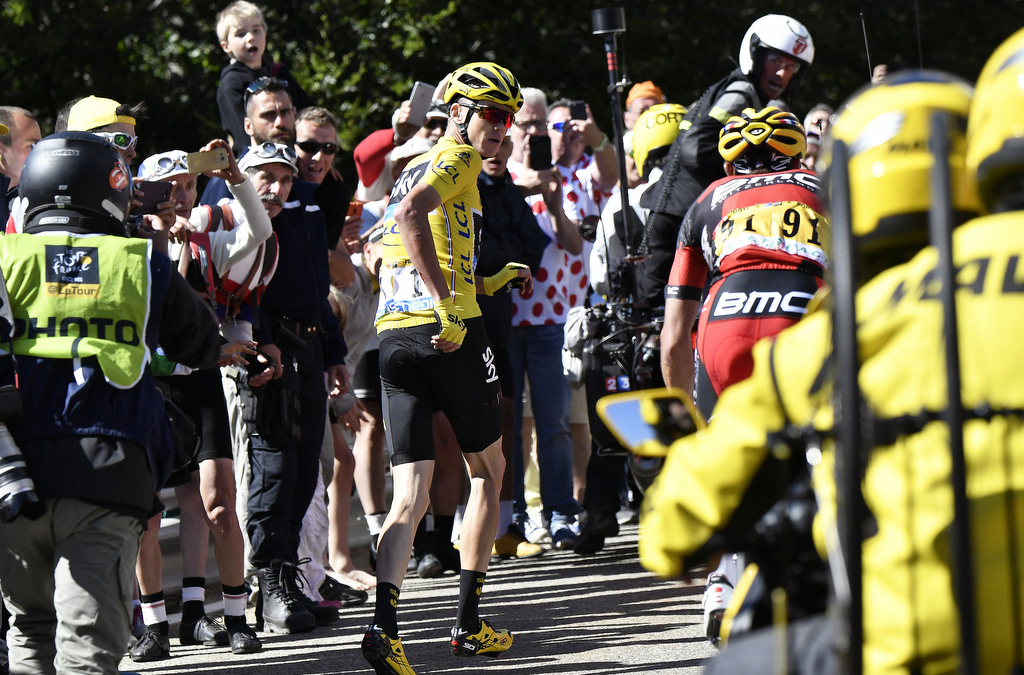
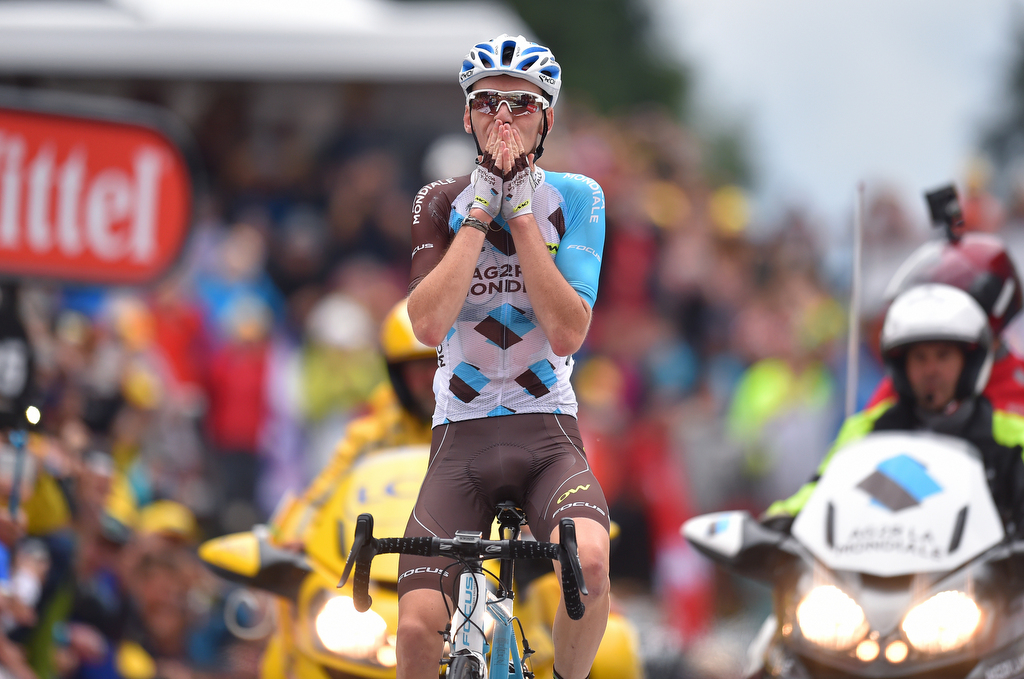
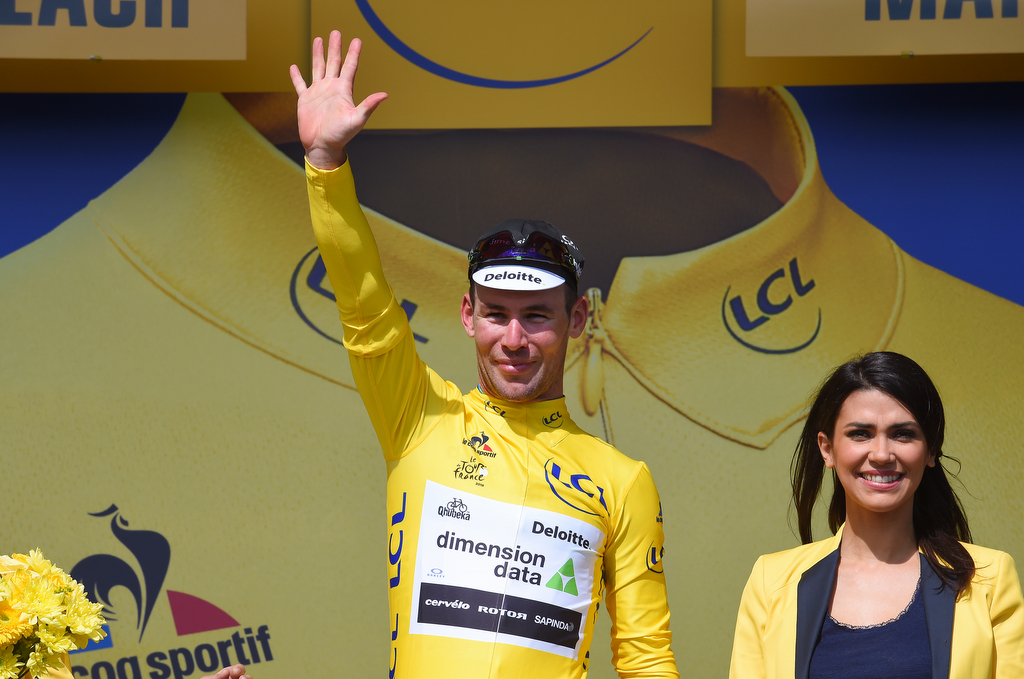
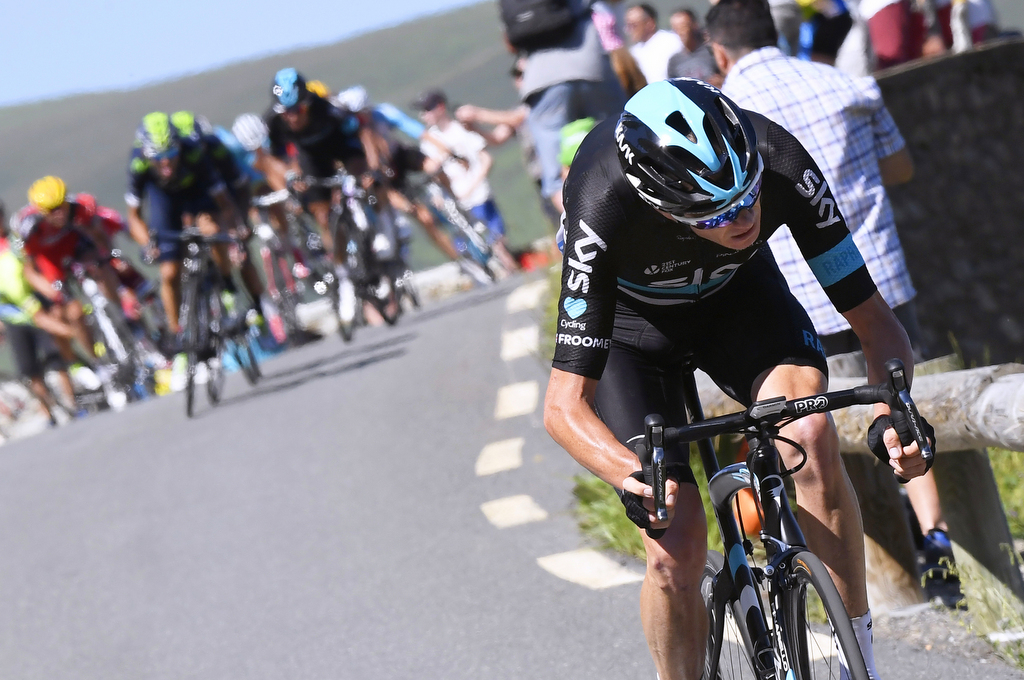
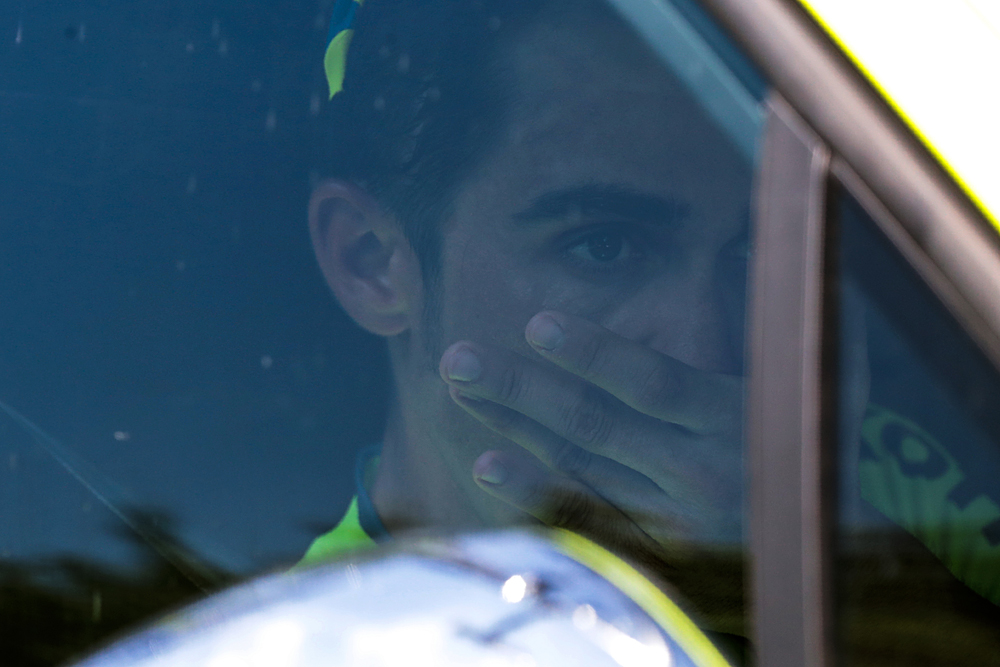
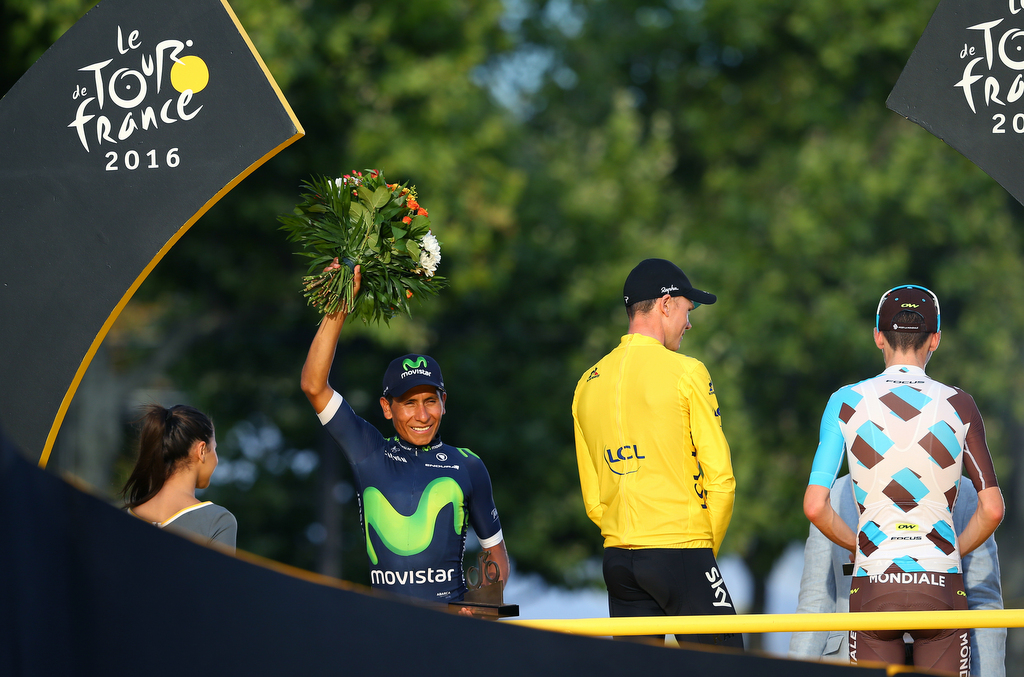
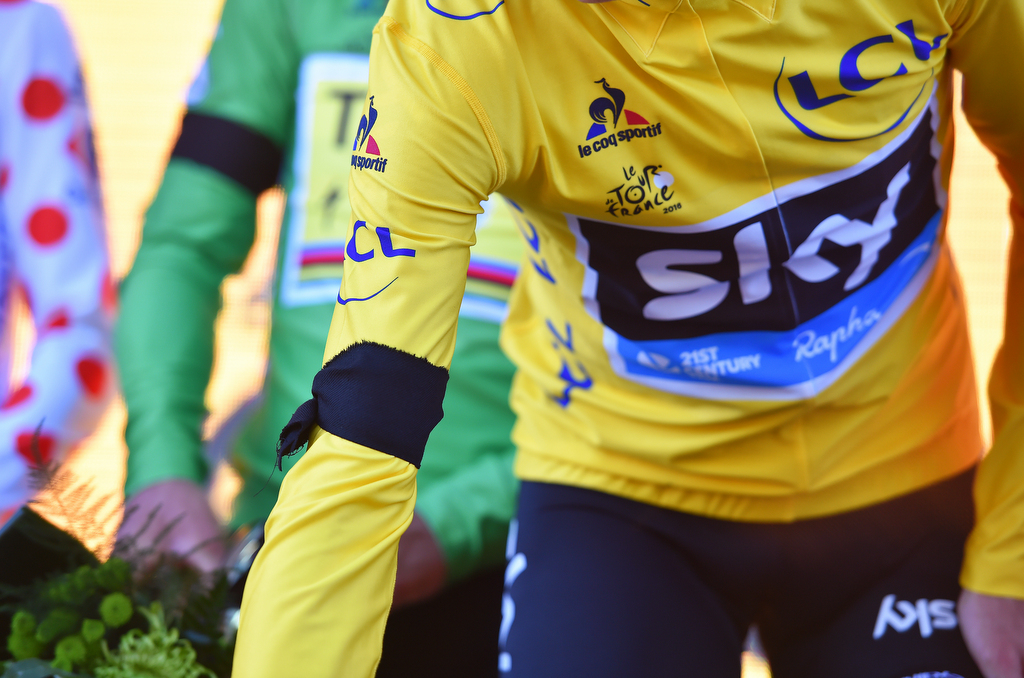
After three weeks of racing the 2016 Tour de France concluded in Paris with Chris Froome hailed as the rightful champion. The Team Sky leader never looked liked like losing, luck and circumstances appearing to be his greatest foes as he secured his third title.
Cavendish conquers the chaos in hectic Tour de France sprints
Contador abandons the Tour de France
Tour de France: Sagan wins stunner of a stage in Montpellier
Froome: Mont Ventoux is full of surprises
Tour de France: De Gendt's Mont Ventoux victory a footnote to Froome's foot race
Tour de France honours victims of Nice attack with minute of silence
Tour de France: Audacious Bardet "struggling to believe" second place finish
Despite their dominance this was more than just a Tour that revolved around one rider and his team and Cyclingnews picks out the seven biggest moments from the race.
The run up Ventoux
The defining image of this Tour de France. Few would argue that this was a Tour for the ages, but the sight of the maillot jaune running up Mont Ventoux without his bike is an image that immediately etched itself into the rich tapestry of the race.
It was the most dramatic moment by some distance – the leader of a team synonymous with control being plunged into utter chaos. According to the rules a rider must finish with his bike but there was no time for logical thought here – this was just a desperate bid to reach the sanctity of the finish line. It was absurd, comical even – one of those moments of madness the Tour does so well.
The chaos ensued on the mountain for a good hour as the commissaires bashed their heads together, and it looked for a while like Froome might lose the yellow jersey. Once the decision had gone his way, he refused to speak to the press and got straight in a team car – telling, perhaps, of the psychological impact of the pandemonium.
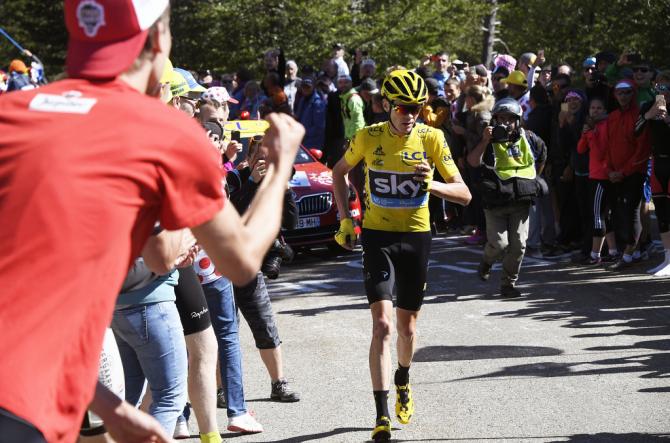
Bardet's instinct lights up the race
The four stages in the Alps were set up to provide a thrilling conclusion to the fight for the yellow jersey, but they were beginning to feel like a sleepwalk to Paris until Romain Bardet brought the race back to life in the shadow of Mont Blanc on Friday.
In fact, we should probably credit Mickaël Chérel with the actual 'moment' here, as he was the one who had the idea of attacking on the descent ahead of the final climb, telling his teammate 'follow me'. Despite a moment's hesitation – "Don't take too many risks" – Bardet jumped on board wholeheartedly as chaos ensued behind, with Froome among those to crash.
Get The Leadout Newsletter
The latest race content, interviews, features, reviews and expert buying guides, direct to your inbox!
The Frenchman, now solo, made his way up the climb with no knowledge of the time gaps, just riding on instinct, and was rewarded with the stage win and a leap from fifth to second.
Bardet quickly became the story of the Tour here in France. It was his face – not Froome's – on the front page of L'Equipe three days in a row as a nation malnourished in terms of home success in recent years basked in the 26-year-old's coming of age.
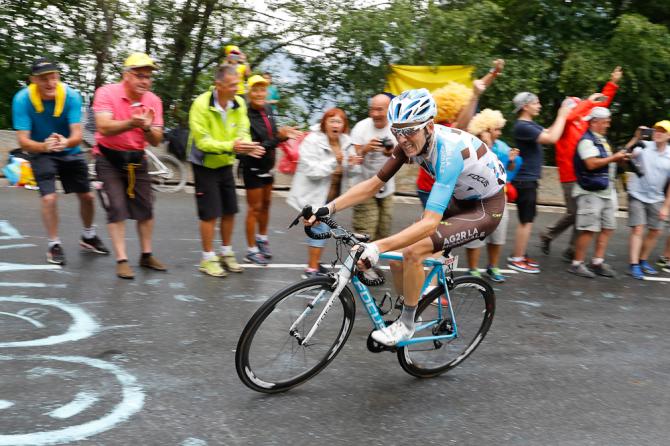
The Cavendish of old
Mark Cavendish's Tour de France was already a roaring success before he even began to wind up his sprint in Villars-les-Dombes. The Dimension Data rider, who faced doubts about his form and focus with the Olympics on the horizon, had already won three stages, but the fourth made this his most fruitful return since wearing a HTC jersey.
The clock had been wound back and this was the Cavendish of old. There was a difference in the manner of the victories – the dominant sprint train making way for a more inventive approach – but the outcome was the same as the 31-year-old stamped his authority on the majority of the bunch sprints.
Between 2008 and 2011 he averaged five stages annually, while in the subsequent four-year period from 2012 to 2015 he managed just six in total. This was a return to the hauls of old. It was also of massive psychological import to beat Kittel on each and every occasion, having never got the better of the German head-to-head before. When Kittel burst onto the scene a few years ago he announced himself as Cavendish's successor, and earlier this year he seemed to confirm himself as the fastest in the world. Now that doesn't seem so certain.
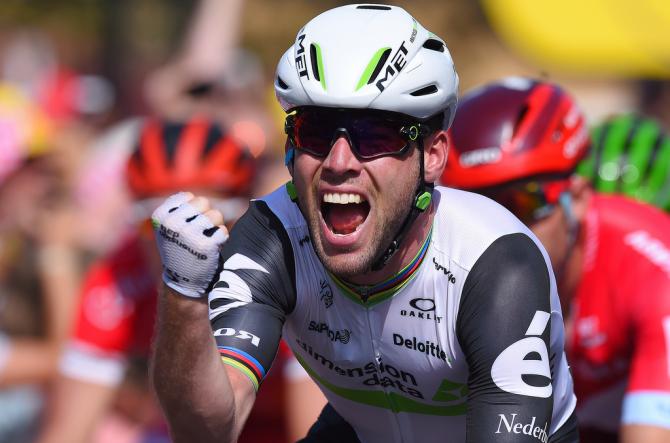
Froome's ambushes
Amid the memories of the collective might of Team Sky, it might be easy to lose sight of the fact that flashes of individual flare played no small part in Chris Froome's victory.
Sky's ability to practically rest and rotate luxury mountain domestiques did often subdue the spectacle, with offensive riding largely neutralised, but it would be harsh to label Froome 'boring' when he had the gumption to attack and gain time on a descent and on a flat stage.
His furious top-tube pedalling on the way down the Col de Peyresourde could be seen as a microcosm of his contest with the other main favourite, Nairo Quintana – one rider sitting up and taking a bottle, watching and waiting, while the other was striking out and winning the race.
Seeing the maillot jaune away in a four-man group in the crosswinds with the world champion at the end of a flat stage was more absurd still. Many questioned the risk/reward of the attacks but there's little doubt that for a rider like Froome, who likes to get ahead early, they had significant psychological impact and won him increased appreciation in the public eye.
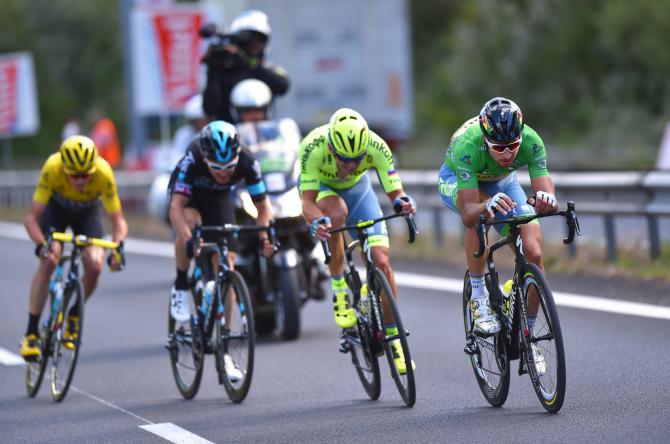
Contador abandons
We mentioned earlier that this wasn't one of the most excitement-filled Tours of recent years, yet that may all have been so different if it hadn't have been for the early exit of Alberto Contador.
The two-time – three if you ask him – Tour champion crashed heavily on the opening two stages and eventually abandoned with illness on first day in the Pyrenees, and you sense the race thereafter was poorer for it.
Froome was in a different league to most of his rivals here – only Nairo Quintana was considered a true threat, and his race petered out in disappointing fashion. With Contador, it surely would have been different, even if he wasn't as strong as Froome or his team as strong as Sky.
The Spaniard is more attacking and adventurous than Quintana, more willing to take risks and take the race to his foe, and you sense that he'd be more likely to get inside Froome's head and possibly throw him off.
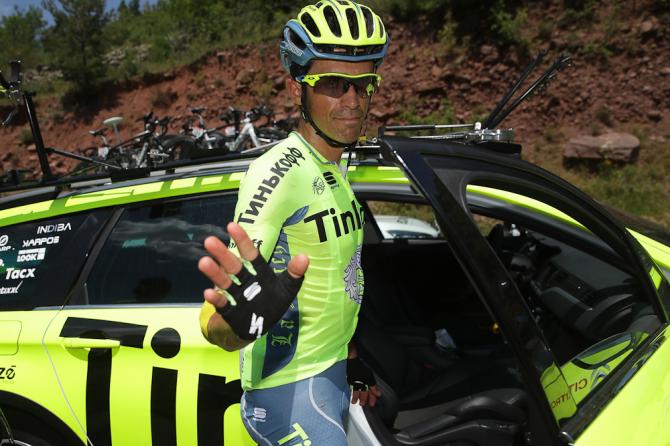
Quintana's challenge fades away
It's difficult to really pinpoint one major 'moment' in what was really one large damp squib of a Tour for Nairo Quintana.
The Colombian wanted to avoid losing time early on like he had done last year, and be able to hit Froome in the Alps in the last week. As it was, Froome still managed to carve out an advantage and Quintana once again arrived at the second rest-day with a deficit of around three minutes, his powder very much still dry.
At Movistar's press conference on that rest day he claimed he had a plan for the four-part Alpine climax, and there was talk of a possible coalition with Astana. Any excitement about Quintana applying the pressure he had done late last year, however, dissipated when he was dropped on the final climb to the Emosson dam.
He played the waiting game for a further hour and a half as he struggled to do the necessary to provide an anti-doping sample and when he did emerge he revealed he was struggling physically – which he later claimed was allergy-related. He told us there was many years left for him to win the Tour and with that, the race for yellow ceased to be a contest.
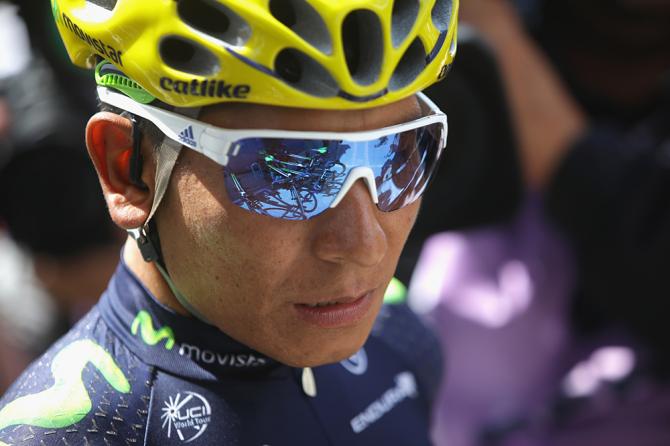
Respects paid to Nice
The pandemonium on Ventoux was still fresh in the mind but it would soon seem almost trivial as news filtered through overnight of the terrorist massacre in Nice.
Suddenly, the cut and thrust of elite-level competition seemed to fade into insignificance. It was only right that the Tour continued in a statement of defiance against those who try to disturb our peace and make us live in fear. Froome pretty much sewed race up on the stage 13 time trial but the atmosphere was strangely subdued and he again refused to speak to the press besides offering a brief statement on the attacks in the city where he lives.
Nevertheless, bringing the yellow, green, white, and polka-dot jersey wearers out onto the podium for a minute's silence was a powerful moment.
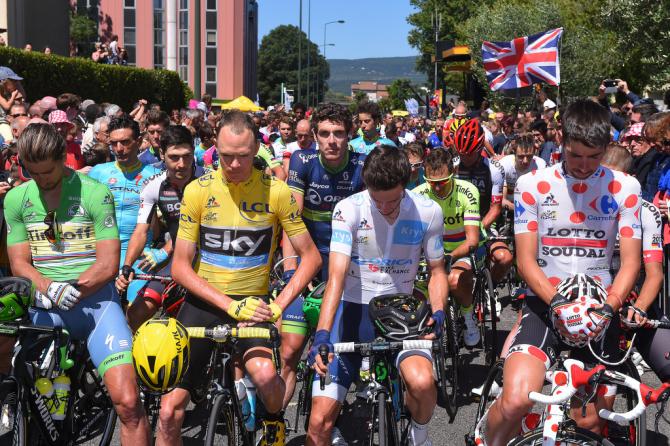
Patrick is a freelance sports writer and editor. He’s an NCTJ-accredited journalist with a bachelor’s degree in modern languages (French and Spanish). Patrick worked full-time at Cyclingnews for eight years between 2015 and 2023, latterly as Deputy Editor.
